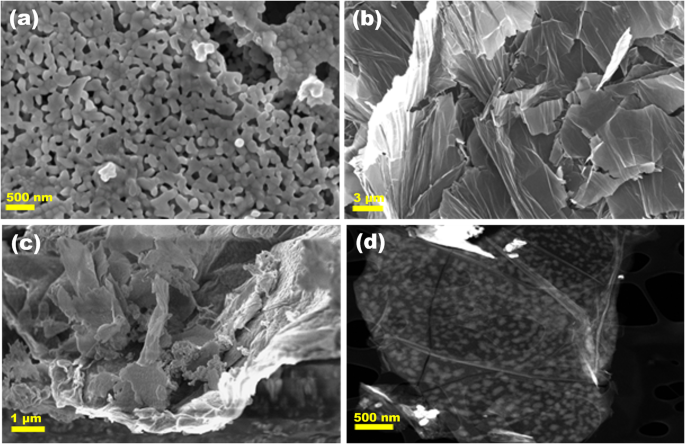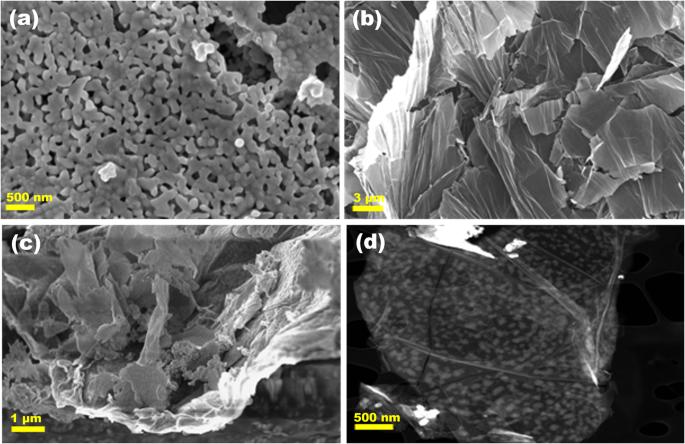增强 rGO-Ca2Fe2O5 纳米复合材料的光催化性能,用于光降解突发污染物
IF 10.4
1区 工程技术
Q1 ENGINEERING, CHEMICAL
引用次数: 0
摘要
本研究采用简单的热还原工艺合成了 rGO-Ca2Fe2O5 (rGO-CFO)纳米复合材料,并通过加入 rGO 改变了 CFO 纳米材料的形态和光学特性。光致发光和 Mott-Schottky 测试表明,rGO 纳米片和 CFO 纳米颗粒之间的界面有利于电荷分离,从而促进光生电荷载流子在 rGO 纳米片之间的转移。与 CFO(2.1 eV)相比,rGO-CFO 的带隙能降低了 1.9 eV。对合成的纳米复合材料进行了初步优化,并用于光降解有机废水亚甲基蓝(MB)。与裸 CFO(72%)相比,在 CFO 中添加 5 wt% 的 rGO 可提高光降解效率(97%)。活性物种捕获实验用于评估甲基溴的光降解机制。结果表明,羟基自由基和空穴是参与光降解的主要活性物种。对优化后的成分(5rGO-CFO)进一步进行了降解双酚 A 和四环素(抗生素)的测试。总之,这些研究表明,rGO-CFO 是一种高效的光催化剂,可用于在阳光下修复新出现的污染物。本文章由计算机程序翻译,如有差异,请以英文原文为准。


Enhanced photocatalytic performance of a rGO-Ca2Fe2O5 nanocomposite for photodegradation of emergent pollutants
In this study, a simple thermal reduction process is used to synthesize a rGO-Ca2Fe2O5 (rGO-CFO) nanocomposite, with the morphological and optical characteristics of the CFO nanomaterial being modified by the rGO incorporation. The interface between rGO nanosheets and CFO nanoparticles facilitates efficient charge separation and resulting transfer of photogenerated charge carriers across the rGO nanosheets, demonstrated from photoluminescence and Mott-Schottky tests. Compared to CFO (2.1 eV), rGO-CFO has a reduced band gap energy of 1.9 eV. As synthesized nanocomposites were initially optimized and utilized for photodegradation of organic effluent Methylene blue (MB). An addition of 5 wt% rGO to the CFO demonstrated an improved photodegradation efficiency (97%) compared to bare CFO (72%). An active species trapping experiment was used to assess the MB photodegradation mechanism. The results demonstrate that hydroxyl radicals and holes are the major active species involved in photodegradation. The optimized composition (5rGO-CFO) was further tested for degradation of Bisphenol-A and Tetracycline (antibiotic). Altogether, these investigations show that the rGO-CFO is a highly efficient photocatalyst that can be used to remediate emerging contaminants in sunlight.
求助全文
通过发布文献求助,成功后即可免费获取论文全文。
去求助
来源期刊

npj Clean Water
Environmental Science-Water Science and Technology
CiteScore
15.30
自引率
2.60%
发文量
61
审稿时长
5 weeks
期刊介绍:
npj Clean Water publishes high-quality papers that report cutting-edge science, technology, applications, policies, and societal issues contributing to a more sustainable supply of clean water. The journal's publications may also support and accelerate the achievement of Sustainable Development Goal 6, which focuses on clean water and sanitation.
 求助内容:
求助内容: 应助结果提醒方式:
应助结果提醒方式:


